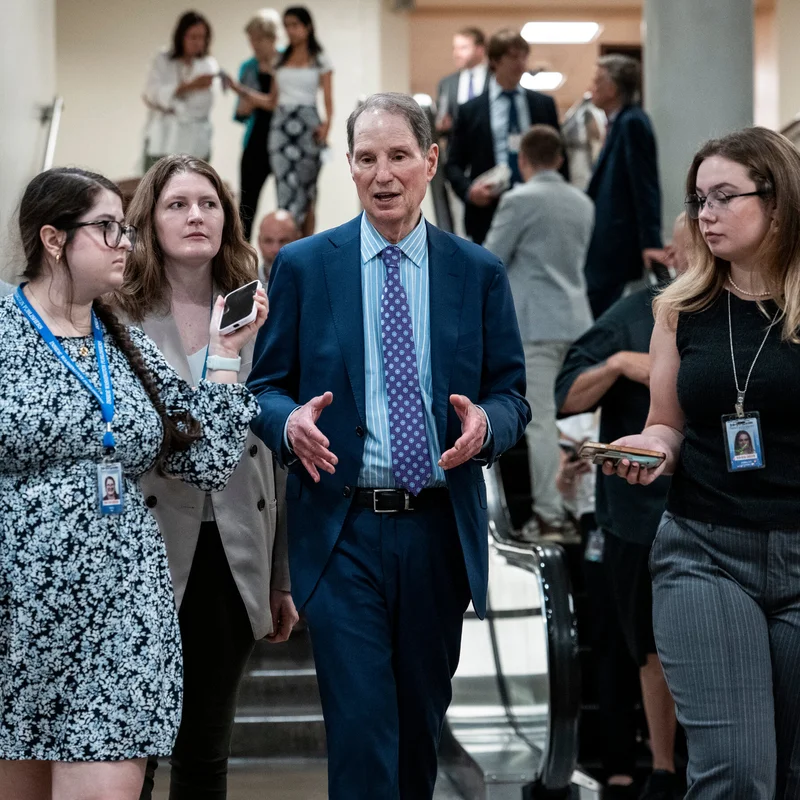Fed’s Miran: Cut Rates Now or Risk Recession
Stephen I. Miran, the newest—and most vocal—member of the Federal Reserve’s Board of Governors, is sounding the alarm: if the central bank doesn’t slash interest rates quickly, it could trigger a recession of its own making.
Speaking in a candid interview with The New York Times, Miran, a former top economic adviser to President Trump, argued that inflation fears are overblown and that the Fed’s current policy is “too tight for too long.”
Why Miran Wants Aggressive Rate Cuts
Miran isn’t just calling for modest adjustments—he’s pushing for a **half-percentage-point rate cut** at the Fed’s final meeting of 2025. That’s double the quarter-point reduction the Fed approved in its most recent decision.
“If you keep policy this tight for a long period of time, then you run the risk that monetary policy itself is inducing a recession,” Miran warned. “I don’t see a reason to run that risk if I’m not concerned about inflation on the upside.”
A Divided Fed: Hawks vs. Doves in 2025
Miran’s stance puts him at odds with several colleagues. At the latest policy meeting, he was the **only governor to vote for a 50-basis-point cut**. Meanwhile, Jeffrey R. Schmid, president of the Kansas City Fed, voted against any cut at all, citing persistent inflation.
Fed Chair Jerome H. Powell added to the uncertainty, stating that a December rate cut is “far from” guaranteed—despite market expectations.
Rate Cut Timeline: What’s Happened So Far in 2025?
| Month | Rate Decision | Key Rationale |
|---|---|---|
| June | –0.25% | Early signs of labor market softening |
| October | –0.25% | Slowing consumer spending, global uncertainty |
| December (proposed) | Miran: –0.50% Majority: Undecided |
Miran: Prevent recession Hawks: Inflation still above 2% |
Inflation vs. Recession: The Fed’s Tightrope Walk
The U.S. inflation rate has hovered just above the Fed’s 2% target for nearly five years. But Miran contends that **core inflation is cooling**, supply chains have stabilized, and wage growth is moderating—signs that the economy no longer needs restrictive rates.
“We’re fighting the last war,” he said. “The real threat now isn’t inflation—it’s unemployment rising and consumer confidence collapsing.”
Market Reaction and Public Impact
Investors are on edge. Mortgage rates, credit card APRs, and business loan costs all track the Fed’s benchmark rate. A delay in cuts could:
- Stall the housing market recovery
- Discourage small business hiring
- Deepen strain on household budgets already stretched by high prices
“Every month we wait, more families feel the pinch,” said economist Dr. Lena Torres of UC Berkeley. “Miran might be the canary in the coal mine.”
What’s Next Before the December Meeting?
All eyes are on upcoming economic data:
- November jobs report (Dec. 6)
- CPI inflation reading (Dec. 11)
- Consumer sentiment index (Dec. 17)
If these show further softening, Miran’s push for a bold cut could gain traction. But if inflation reaccelerates, the Fed may hold steady—risking Miran’s feared downturn.




